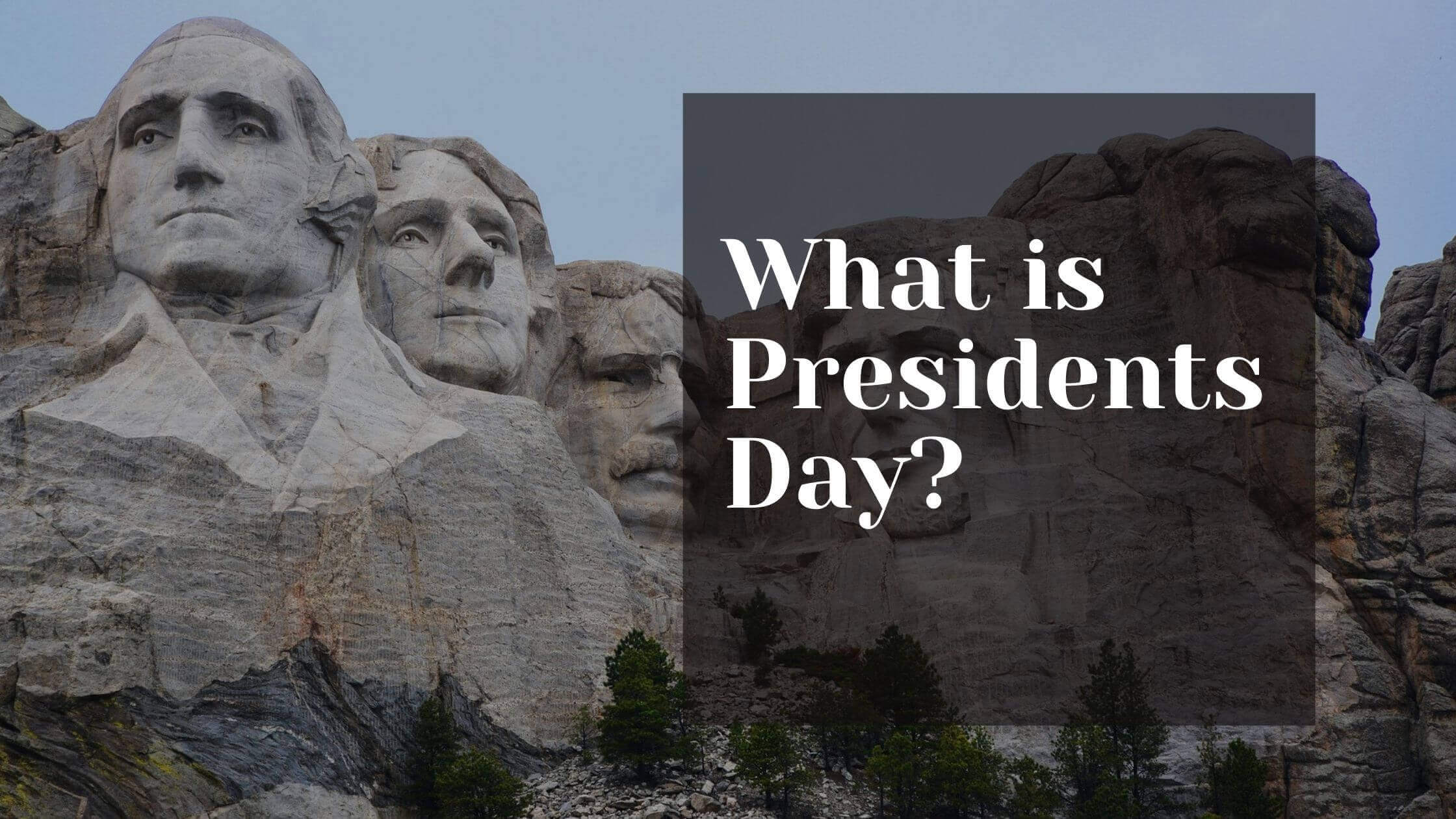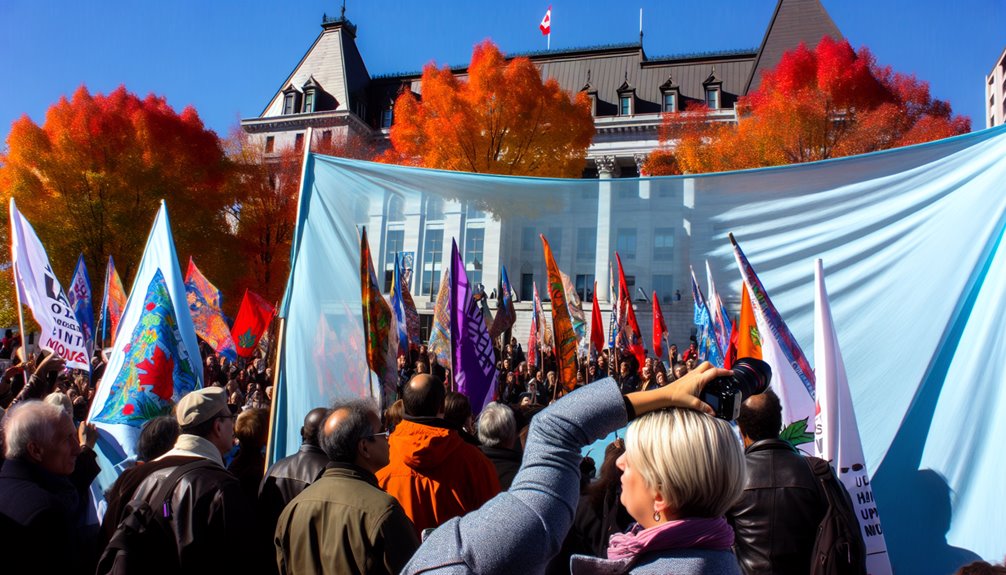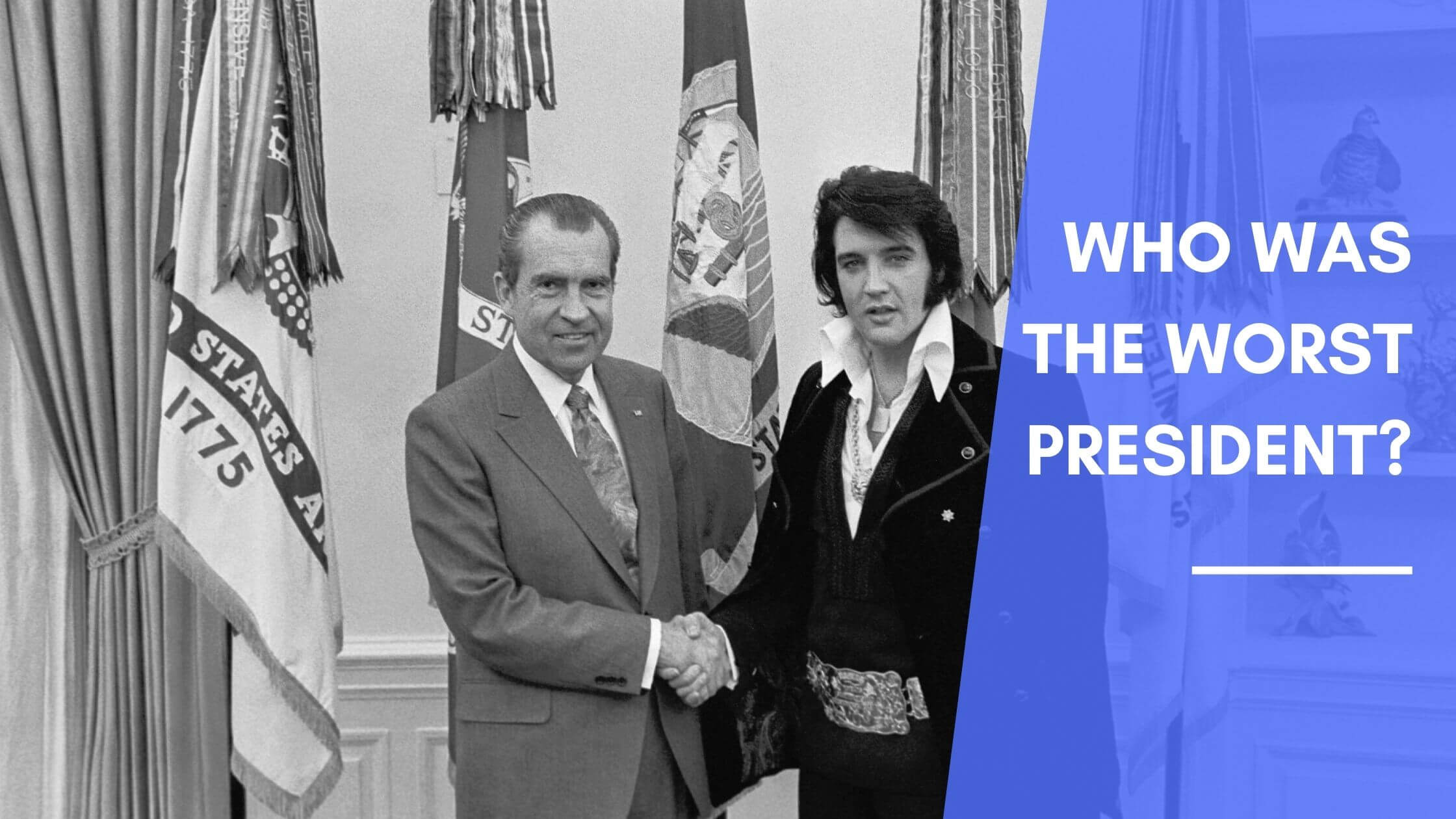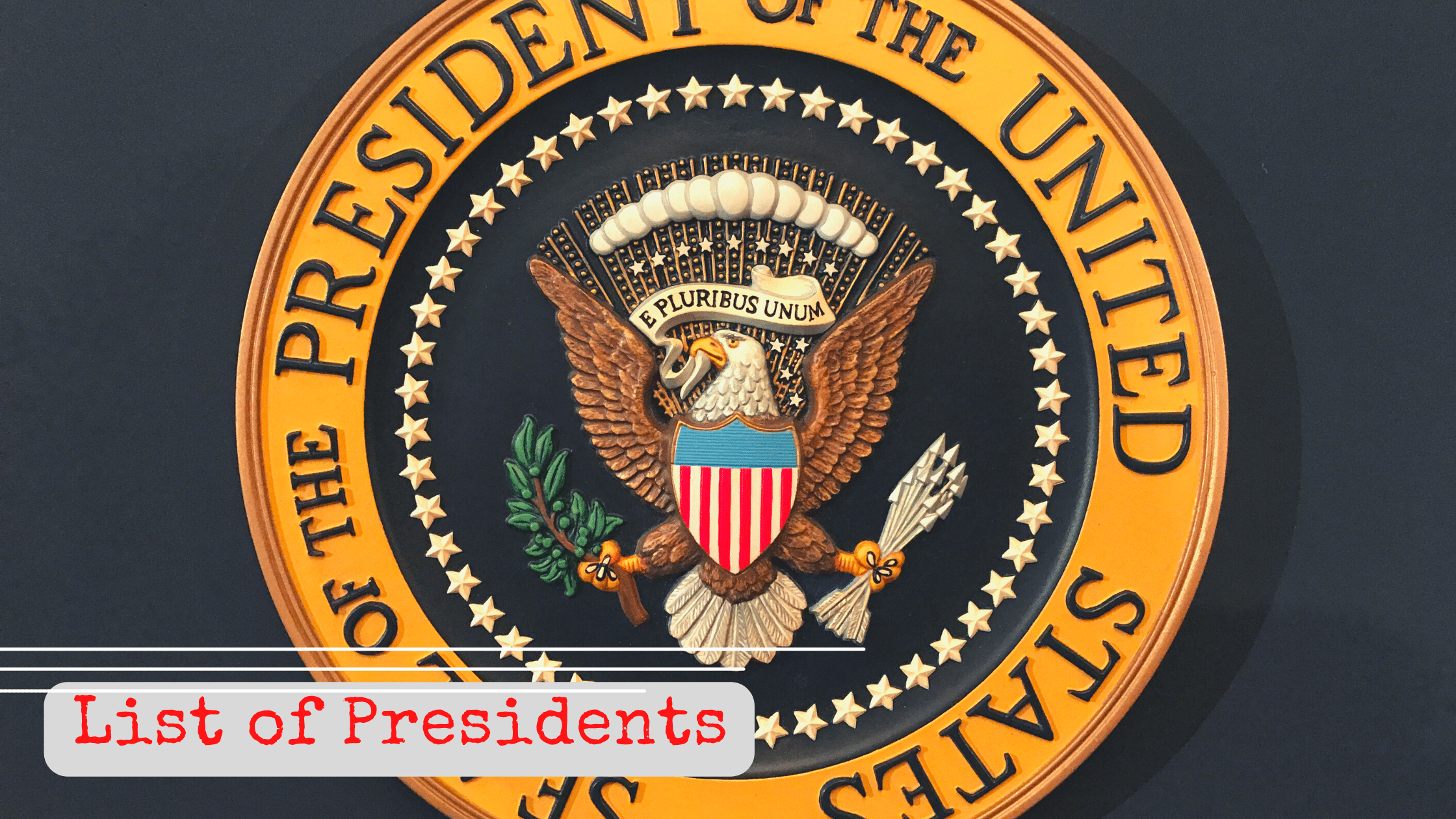Largely enjoyed and celebrated by everyone, very few people know what makes this holiday so important for the United States.
Table of Contents
ToggleA Day To Honor America’s Presidents
If you talk to people about what they know about Presidents Day, most will likely comment on how much they enjoy having the extra Monday off and that it’s got “something to do with the Presidents” (not kidding, that is literally what someone said).
In truth, Presidents’ Day (Officially titled “George Washington’s Birthday”) started as a way of honoring our first American president, George Washington, and his birthday. However, following the Uniform Monday Holiday Act of 1971, the day became a date to honor and respect all presidents, both past and present.

Get Smarter on US News, History, and the Constitution
Join the thousands of fellow patriots who rely on our 5-minute newsletter to stay informed on the key events and trends that shaped our nation’s past and continue to shape its present.
It takes place on the third Monday of February and has done so since 1971.
Presidents’ Day’s Origin
The origin of Presidents Day began in 1800 proper, the year after President George Washington’s death in 1799. At the time, the late President Washington was regarded as the most influential American figure throughout history. On February 22nd, the day of his birth, Presidents’ Day was first established.
The Official Recognition
While the day was regularly observed from 1800 onward, it was not officially recognized as a federal holiday. It would stay as a widely, albeit unofficially, observed holiday event for many until 1870 when it was officially proposed as a national holiday by Senator Stephen Wallace Dorsey.
As the sentiment surrounding the date’s official recognition only grew with time, it seemed like the only sensible course to take. By 1879, President Rutherford B. Hayes officially signed the date into law. It was the first national holiday signed into law that recognized an individual and was only the fifth recognized holiday in the country – the others being: Christmas, New Year’s, the Fourth of July, and Thanksgiving.
Slow Progression Outward
Despite many states already recognizing the day even before its federal designation, it wasn’t officially applied nationwide in 1879. Instead, only the District of Columbia could federally acknowledge the date. However, six years later, in 1885, it eventually spread out to the entire country.
Transitioning From Washington’s Birthday
By the later part of the 1960s, Congress enacted the “Uniform Monday Holiday Act,” which went into full effect on January 1st of 1971. This act sought to permanently move the three federally acknowledged holidays from their respective dates to a Monday. These holidays included Washington’s Birthday (i.e., Presidents’ Day), Memorial Day, and Labor Day.
This transition was put into effect so that federal employees would have several three-day weekends. It was argued that having federal holidays established as part of a three-day weekend would reduce the number of absentee employees when compared to their original dates. Despite many arguing that it somewhat lessened the overall appeal of the holiday, the support for it was so strong that it managed to get passed quite easily.
Is It Presidents’ Day Or Washington’s Birthday?
Despite popular belief, Presidents’ Day is not officially recognized as “Presidents’ Day.” Instead, even to this day, the holiday is officially still known as “Washington’s Birthday.”
During debate of the Uniform Monday Holiday Act, many senators saw the changing of the holiday’s date as a chance to recognize Abraham Lincoln’s birthday as well officially. While considered a holiday in certain states (like Illinois), the date itself was not federally acknowledged. As a result, a provision was included in the Uniform Monday Holiday Act to combine Washington’s birthday with the late President Lincoln’s.
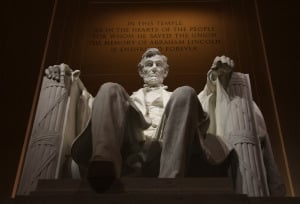
Though many supported this push, citing the chance to honor both presidents equally, several lawmakers in Virginia (George Washington’s home state) found the proposal to be particularly offensive and contentious.
This was made even more of an offense when Senator Robert McClory of Illinois argued that the date should be officially changed to Presidents’ Day. Ultimately, the provision was dropped, and the title Washington’s Birthday was officially kept, similarly only recognizing George Washington.
The Shift Of Public Perception
While the official name for Presidents’ Day is still technically Washington’s Birthday, it is largely that in name only. As people noted the shift away from George Washington’s actual birthday (Feb 22nd) and closer to Lincoln’s (Feb 12th), many believed that the date was meant to honor both presidents.
Soon, marketers and advertisers around the country ran with the name “Presidents’ Day,” offering sales and bargains for their store products. By the mid-80s, the vast majority of the public referred to Washington’s birthday as Presidents’ Day and was completely solidified by the early 2000s. In fact, by this time, virtually half of the country had recognized “Presidents’ Day” in their calendars.
Presidents’ Day Today
Starting originally as a day that honored the life of George Washington, Washington’s Birthday or Presidents’ Day has since grown and evolved to include all of America’s presidents.
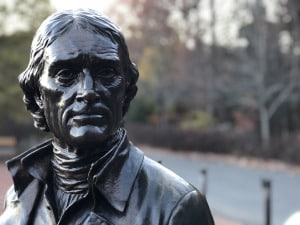
While most states still use the day to recognize Washington and Lincoln, other states use the holiday to recognize other memorable individuals throughout American history. Arkansas, as an example, celebrates George Washington alongside the civil rights activist Daisy Gatson Bates. Meanwhile, Alabama celebrates Thomas Jefferson and George Washington.
Though the date is still officially known as Washington’s Birthday, there have been so many presidents throughout history, each deserving (to varying degrees) their bit of recognition that the holiday has taken a life of its own. While people may not think of George Washington exclusively on Presidents’ Day, they know that it is a day to be thankful for the great leaders that made this nation what it is for United States citizens.
How useful was this post?
Click on a star to rate it!
Average rating / 5. Vote count:
No votes so far! Be the first to rate this post.
We are sorry that this post was not useful for you!
Let us improve this post!
Tell us how we can improve this post?
